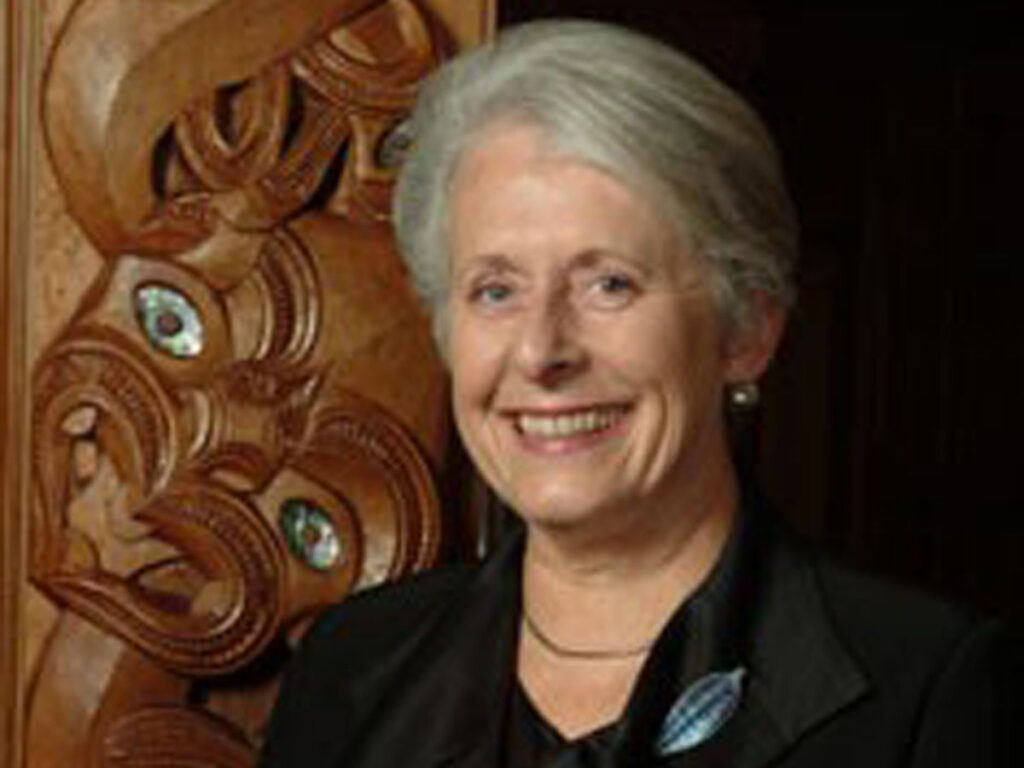VOICES FROM THE ECCC (Extraordinary Chambers in the Court of Cambodia)/THE KHMER ROUGE TRIBUNAL.
- Please tell us your name, your position, and a brief summary of your duties at the ECCC.
- What brought you to the ECCC?
- You joined the ECCC as an international judge in the Trial Chamber at its inception. Can you tell us about the process of setting up the court’s procedures in the Trial Chamber?
- What are your thoughts on the positive and negative aspects of the hybrid court?
- What challenges did you face as an international judge at the ECCC?
- Can you provide any anecdotes on interactions or relationships within the ECCC that were meaningful to you? (i.e., working with other judges or staff)
- You have spoken about the role of the victim in international criminal trials. In your opinion, what aspects of the court’s practices or structure worked well, regarding victim participation (relating to Civil Parties, witnesses, or more broadly)? What could be improved?
- You were the first woman to be appointed to New Zealand’s High Court. You were also a member of the United Nations committee monitoring compliance with the United Nations Convention to Eliminate All Forms of Discrimination Against Women (CEDAW). I wonder if you might speak about the role of women in the ECCC process. Did women face unique challenges or hardships during the trials, either because of actions during the Khmer Rouge era or during the trials themselves?
- Are there any lessons learned, best practices, or recommendations for future courts handling mass atrocities that stand out in your mind based on your time at the ECCC?
- Can you recall any accused or survivor stories that resonated with you?
- What do you think the major impacts of the ECCC will be on Cambodian society? Both today and twenty years from now?
(January 09, 2020)

